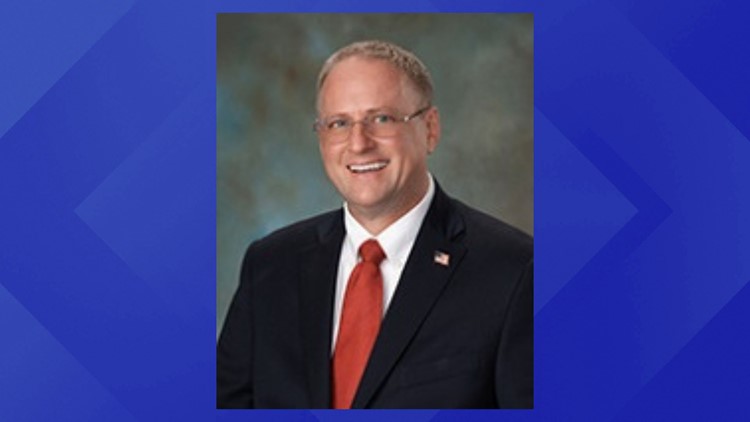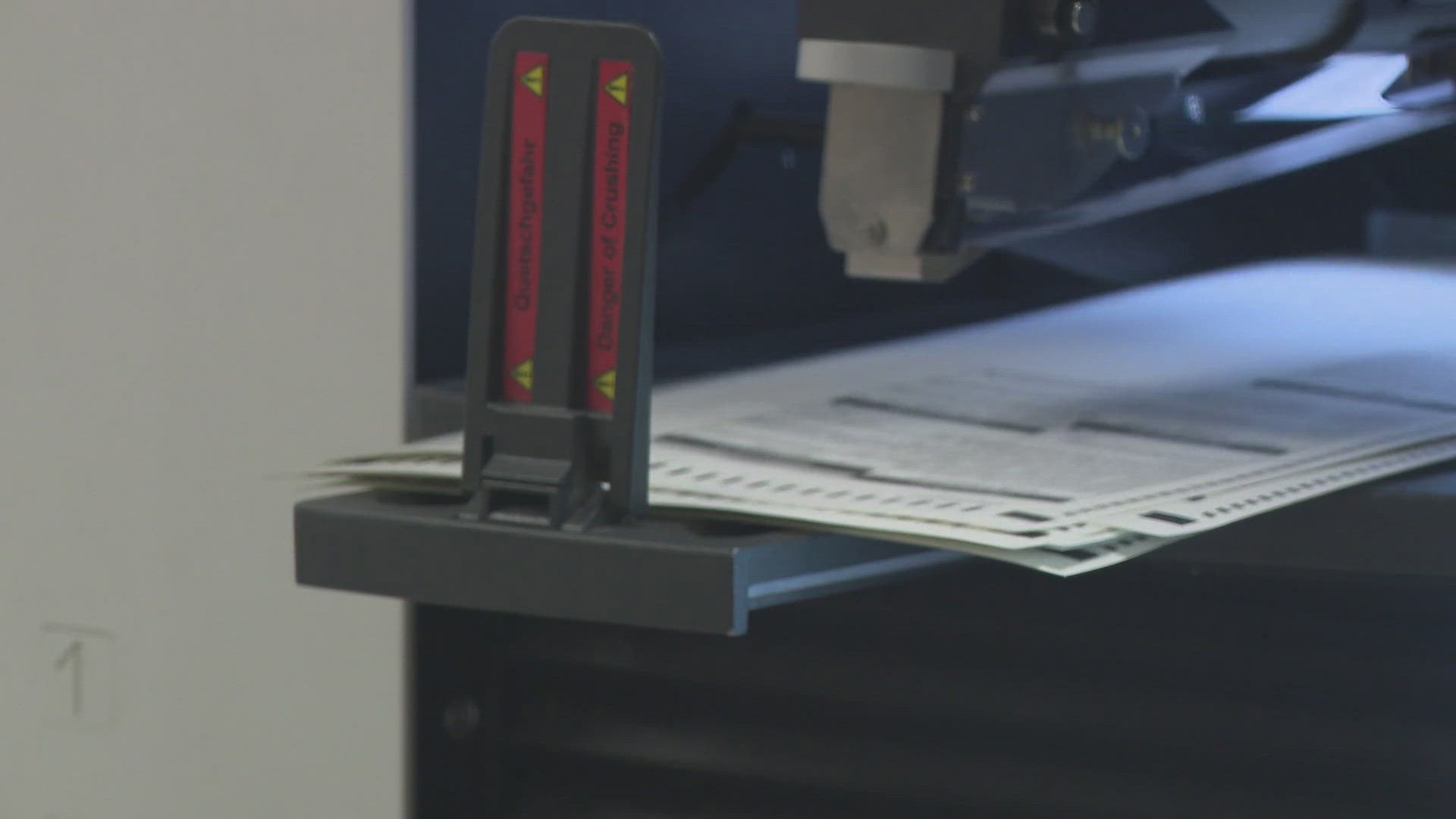PHOENIX — Since taking office, Arizona Corporation Commissioner Nick Myers has more than once said the solar industry should “stand on its own two feet” and not rely on financial subsidies. Myers told 12News “as a general rule” he does not like any subsidies or cost-shifting measures that impact other ratepayers.
A notable exception came when Myers voted for a subsidized natural gas line extension in January. Myers defends the vote, in part, by saying approval of such subsidies is standard practice by regulators around the country.
But one solar advocate questions whether the first-year commissioner enforces a double-standard at the expense of the solar industry.
“I’ve only heard him voice concerns… about renewables”
“I think there’s a contradiction,” said Autumn Johnson, Executive Director of the Arizona Solar Energy Industries Association. “There is no electricity generating source that does not receive subsidies. But the only one I’ve heard him (Myers) voice concerns about on the record at the commission are renewables.”
Myers: “How bad of a business model is that?”
Myers has objected to the current structure under which the solar industry operates.
Based on decisions the commission made over the past 15 years, customers enjoy locked-in rates for power they sell to the grid that Myers is seeking to change.
Speaking in front of dozens of employees and business owners of the solar industry at an August public meeting, Myers said the price paid by utilities for excess home solar energy is “artificially high” and thus amounts to a subsidy that other ratepayers should not have to bare.
“If an industry that is fifteen or twenty years old cannot survive without a subsidy, how bad of a business model is that?” Myers asked.
It’s worth pointing out the fossil fuel industry in the U.S. alone enjoys upwards of $20 billion annually in subsidies.
“I’m opposed to those also,” Myers told 12News.
Johnson, however said Myers’ record shows he is curiously selective about his opposition to subsidies.
“He had the opportunity during an advanced nuclear workshop this summer to bring that issue up and he did not. The nuclear industry brought up subsidies for itself and he said nothing,” Johnson said.
Solar energy now costs less than fossil fuels
Some solar advocates say it’s misleading to label Arizona’s solar rates as subsidies. The rates are based on what’s called the Resource Comparison Proxy or RCP. The RCP is the purchase price utilities pay to homeowners for every kilowatt hour of solar energy they generate.
“If anything, the current RCP now underpays rooftop solar customers, hindering customer energy choice,” Court Rich, an attorney representing solar companies wrote in a Sept. 8 social media post.
Rich said in 2022, APS paid an average hourly price of $81.13 per MWh for all wholesale purchases.
“Meanwhile new solar customers will be getting paid $76/MWh for their exported power,” Rich wrote. “That’s not a subsidy to solar customers, but a good deal for all ratepayers.”
According to the National Renewable Energy Laboratory, solar energy costs now range from 3-6 cents per Kilowatt-hour, compared to 5-17 cents per Kilowatt-hour for fossil fuel energy. Fossil fuel and nuclear remain more versatile however, given they can be deployed on demand. But solar energy storage is making progress.
Myers targeting solar policies again
Myers sent shockwaves through the industry last month when he proposed lowering the annual RCP by 37% beginning Sept. 1st. Current Commission rules call for more gradual reductions to the RCP; no more than 10% annually.
Myers was unsuccessful in his attempt, however the commission appears determined to re-examine the issue.
“The reality is that APS, TEP, and UNSE customers have paid hundreds of millions of dollars in subsidies to their neighbors who own rooftop solar systems. These subsidies result from customers paying far above cost for the energy that rooftop solar customers export to the grid,” Myers told 12 News by email.
Chair Jim O’Connor scheduled to discuss it at an October meeting.
Myers voted for subsidized southwest gas line extension
In January, Myers had an opportunity to take a stand against the fossil fuel industry for which he said he does not support subsidies. He voted in favor of an extension line allowance for Southwest Gas – meaning existing gas customers pay an added monthly fee for new gas line construction for other customers.
At the time, Myers said “it’s tough that rates do go up” and said the energy grid is dependent on natural gas.
“I’m committed to doing everything we can to ensure the stability of those grids and unfortunately that means, at times, prices have to increase,” Myers said during the hearing.
Asked why he voted to subsidize new gas line construction, given his outspokenness against subsidies of any kind, Myers responded by email to 12 News saying the construction allowance is “similar to line extension agreements virtually all utilities have.”
However, citing the status quo as justification to subsidize natural gas lines is no longer acceptable, says the nonprofit Rocky Mountain Institute, a low-carbon energy advocacy organization.
“While these (subsidized gas line extension) policies may have made sense in prior contexts, the climate and economic justifications have changed dramatically,” they write in a 2021 report. At least four states (California, Colorado, Oregon, and Washington) have eliminated line extension construction allowances or considered eliminating them.
Myers also tells 12 News he voted for the extension because it is “premised on the idea that new customers will ultimately pay off the expense of those assets through their use over the years.”
Read more coverage on Power and Influence in Arizona below.
>> Download the 12News app for the latest local breaking news straight to your phone.
12News on YouTube
Catch up on the latest news and stories on the 12News YouTube channel. Subscribe today.



